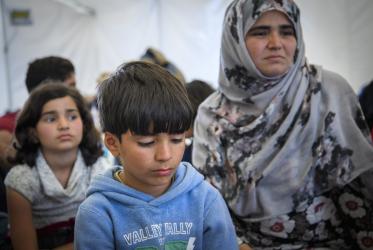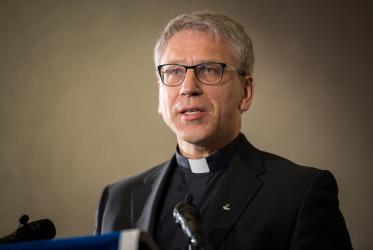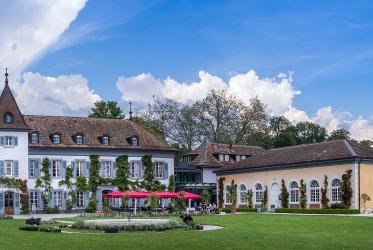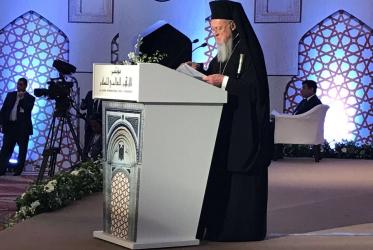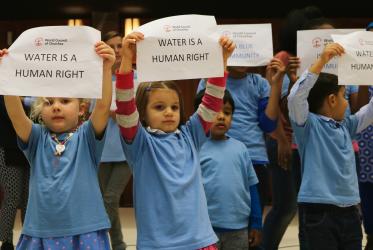Displaying 121 - 140 of 203
Tveit speaks on Partnership to End Violence Against Children
15 February 2018
Trying to do good for the world
18 December 2017
WCC, Vatican confront xenophobia, populism and racism
16 December 2017
May we remember them well, with dignity and respect
14 December 2017
Tveit: “We are called to embrace the gifts of the others”
07 November 2017
Conference explores Christian approach to borders
05 October 2017
Norwegian visit enriches ecumenical experience
28 September 2017
Bossey students speak as one on fostering peace
14 July 2017
Gender-based violence concerns ‘all of humanity’
11 July 2017
Patriarch Matthias: “Peace is the message of every day”
10 February 2017
Churches in Norway and Pakistan break new ecumenical ground
26 January 2017
“Justice is a gift from God,” affirms WCC general secretary
17 January 2017





